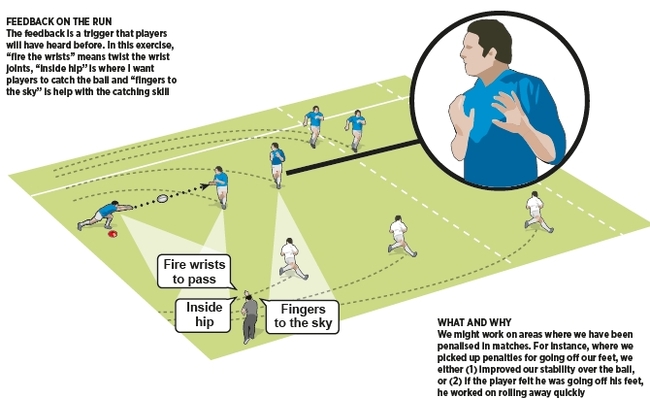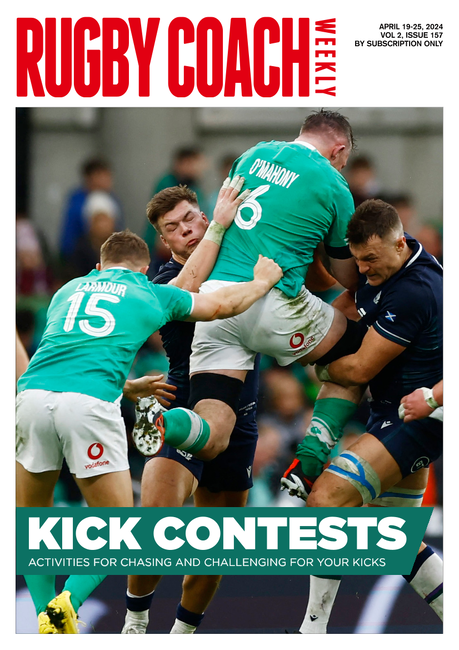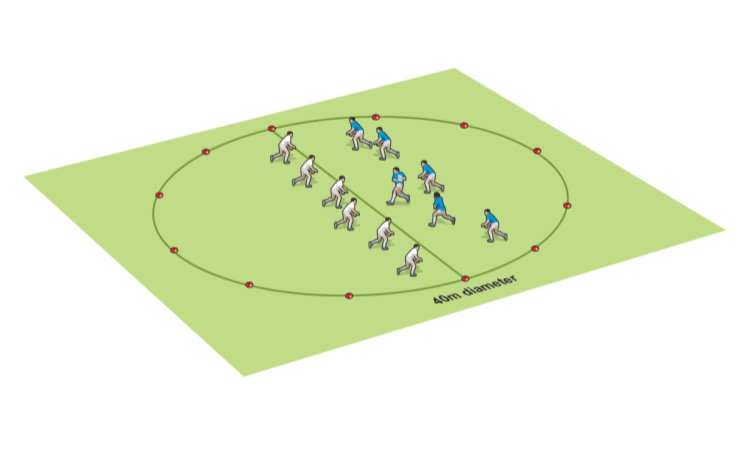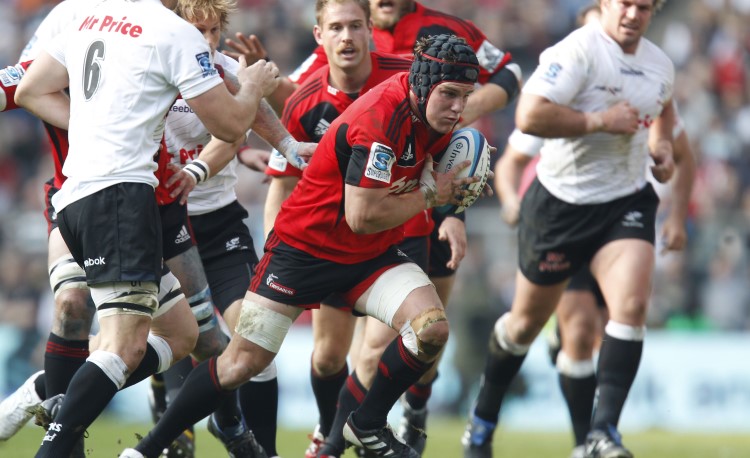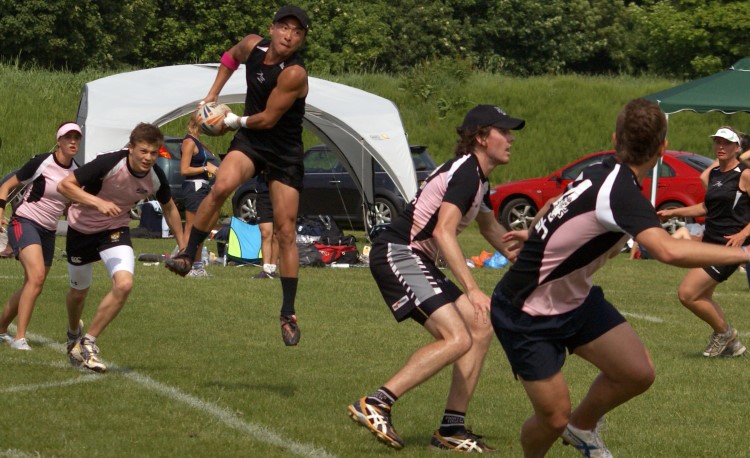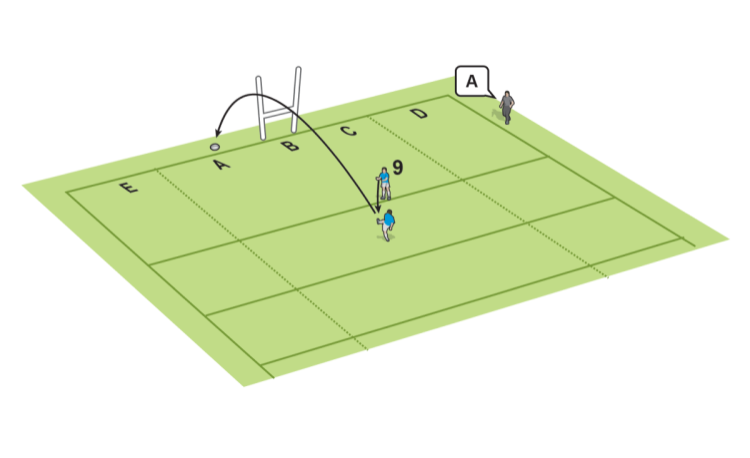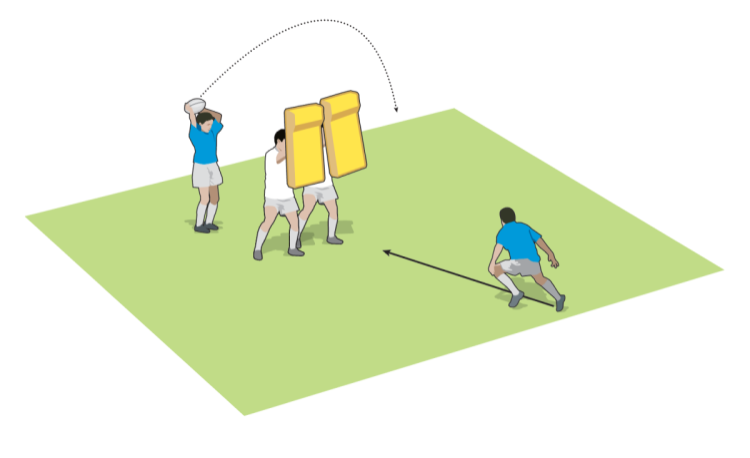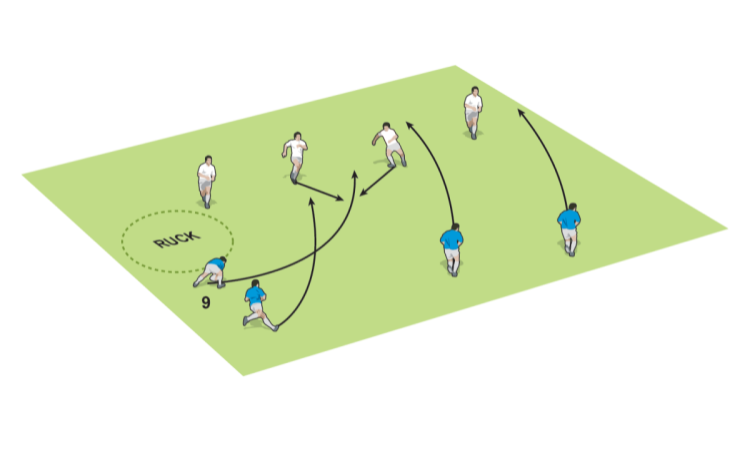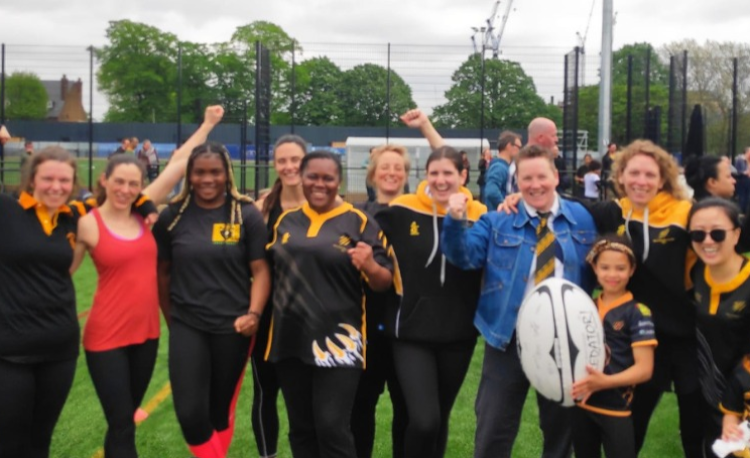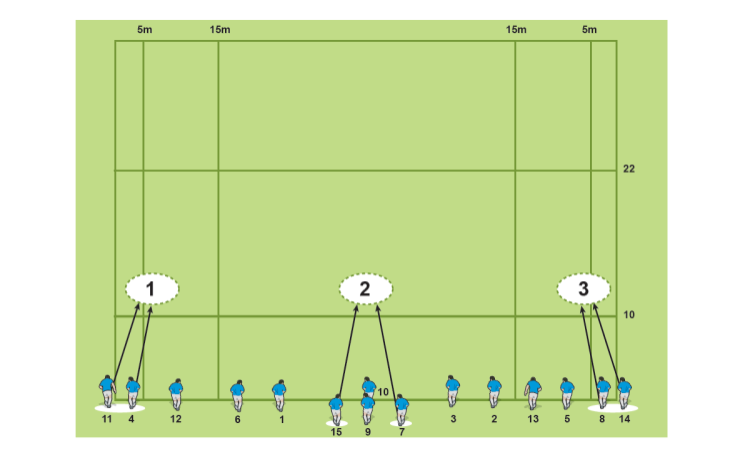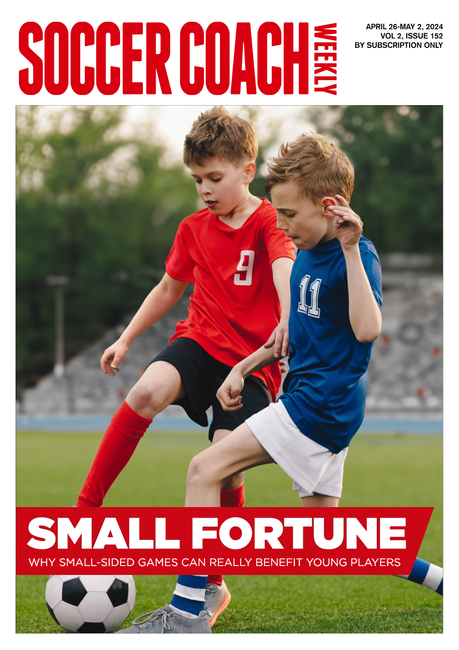You are viewing
1 of your 2 free articles
Effective coaching doesn’t stop the play
The irony of coach education is that you have sometimes to break the rules to draw out a point.
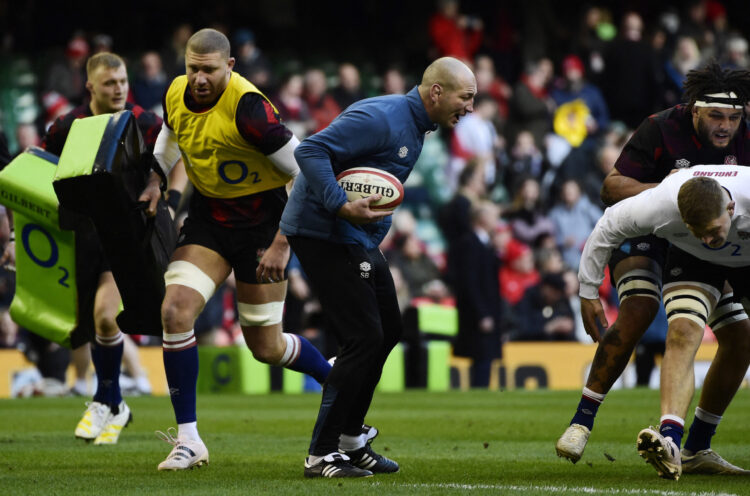
The irony of coach education is that you have sometimes to break the rules to draw out a point.
For example, I will use many games in my opening practical session with the class or audience. If I were running a normal rugby practice, each game would continue to go for long periods of time, with only extremely brief stops to throw in a new rule or to swap players around.
In a coach education environment, you need to draw out multiple points and cover lots of different games. You are stopping and starting all the time, something the coaches find frustrating. They just want to keep playing. In a sense, that shows them how their own players feel when they pause the game.
In a team environment, you want the players to explore, come up with solutions, test themselves out and enjoy it too. Every time you stop, the players are really waiting for you to restart, not focusing on what you are saying. That’s why you have just one game and let it flow. You add in only a very few variations and plenty of opportunities for them to play.
So, you avoid stopping if you can. Research shows that few players listen at these stoppages anyway. They just want to get on with it. But research also tells us that we need to make players aware of their successes, possible points for improvement or where they might need to reconsider their decisions.
If you’ve got two coaches, one can be running the game referee, and the other can make comments on the run, moving in and out of play to make suggestions. If it’s just you, you could make a player (or injured player), the referee.
For more thoughts on this type of specific feedback in exercises, not just games, feedback on the run from former Wallabies coach, Nick Scrivener.
Newsletter Sign Up
Coaches Testimonials

Gerald Kearney, Downtown Las Vegas Soccer Club

Paul Butler, Florida, USA

Rick Shields, Springboro, USA

Tony Green, Pierrefonds Titans, Quebec, Canada
Subscribe Today
Be a more effective, more successful rugby coach
In a recent survey 89% of subscribers said Rugby Coach Weekly makes them more confident, 91% said Rugby Coach Weekly makes them a more effective coach and 93% said Rugby Coach Weekly makes them more inspired.
Get Weekly Inspiration
All the latest techniques and approaches
Rugby Coach Weekly offers proven and easy to use rugby drills, coaching sessions, practice plans, small-sided games, warm-ups, training tips and advice.
We've been at the cutting edge of rugby coaching since we launched in 2005, creating resources for the grassroots youth coach, following best practice from around the world and insights from the professional game.
